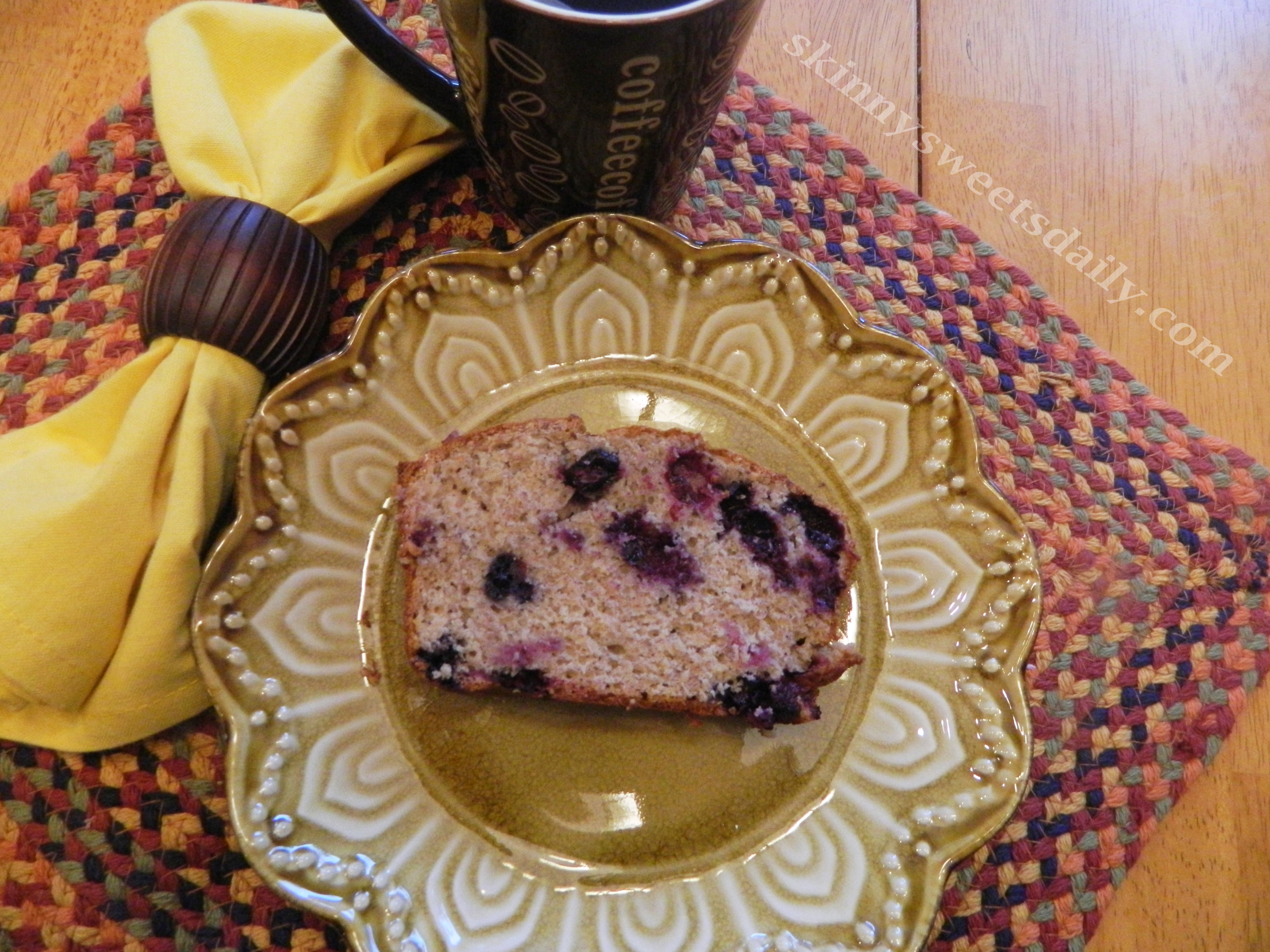With so many fitness apps and activity trackers available, counting calories and monitoring fitness is easier to do than ever before. But does this emerging technology help us reach our health goals or is it an obsessive waste of time? Well, it depends on how you use it. Here’s a list of pros and cons, as well as some simple suggestions to help you eat smarter.
 Keep track of your meals. A food diary will give an accurate picture of exactly what you are eating throughout the day. You can also jot down how you’re feeling to see what foods make you feel the best.
Understand portion sizes. Most of us cannot tell what 4 oz of meat or a 2 oz of pasta looks like. Our Precision Pro Digital Kitchen Scale accurately measures portions and will save you from making wild guesses.
Keep track of your meals. A food diary will give an accurate picture of exactly what you are eating throughout the day. You can also jot down how you’re feeling to see what foods make you feel the best.
Understand portion sizes. Most of us cannot tell what 4 oz of meat or a 2 oz of pasta looks like. Our Precision Pro Digital Kitchen Scale accurately measures portions and will save you from making wild guesses. 
Pros of Counting Calories
It provides structure and accountability. Counting calories lets you know exactly how much food you should eat and plan meals accordingly. It can be motivational. When you improve your diet, the immediate health benefits – weight loss, increased energy, etc. – can lead to positive behavioral changes and healthy habits. It can lead to better food choices. Counting calories can help you identify which foods are more nutrient dense and which foods lack nutritional value. It can encourage you to exercise. Knowing that exercise helps burn calories can inspire you to get up off the couch and move.Cons of Counting Calories
It can be nutritionally incomplete. You may be tempted to skimp on necessary fats and proteins to eat fewer calories. However, this can cause you to miss out on important phytonutrients, vitamins and micronutrients that are necessary for a healthy body. It can lead to obsessive behavior. Constantly thinking about calories and exercise can lead to eating disorders. It’s important to focusing on how you feel, in addition to your calorie count, to sustain a healthy lifestyle. It may cause a disconnect. You may ignore or misunderstand your body’s cues and signals for whether you’re hungry or not. Always listen to your body; it will tell you which foods make you feel great and which don’t. It’s time consuming and a bit tiring. Counting calories for every snack and meal can feel like a second job. It can also put a crimp in your social life since it’s difficult to accurately count calories at restaurants. Here are a few tips to keep in mind for a healthy and smarting eating plan, whether you count calories or not: Eat balanced meals. Make sure you are eating nutritious, balanced meals that contain foods from all of the basic food groups. Don’t wait too long to eat between meals. When you are very hungry, you’re more likely to make poor choices or overeat. Weigh yourself once a week. If the number on the scale is too high and your clothes are too tight, then you’re eating more food than you need. We have a number of digital bathroom scales that help you stay accountable to your health and fitness goals. Keep track of your meals. A food diary will give an accurate picture of exactly what you are eating throughout the day. You can also jot down how you’re feeling to see what foods make you feel the best.
Understand portion sizes. Most of us cannot tell what 4 oz of meat or a 2 oz of pasta looks like. Our Precision Pro Digital Kitchen Scale accurately measures portions and will save you from making wild guesses.
Keep track of your meals. A food diary will give an accurate picture of exactly what you are eating throughout the day. You can also jot down how you’re feeling to see what foods make you feel the best.
Understand portion sizes. Most of us cannot tell what 4 oz of meat or a 2 oz of pasta looks like. Our Precision Pro Digital Kitchen Scale accurately measures portions and will save you from making wild guesses. 



Leave a comment
This site is protected by hCaptcha and the hCaptcha Privacy Policy and Terms of Service apply.